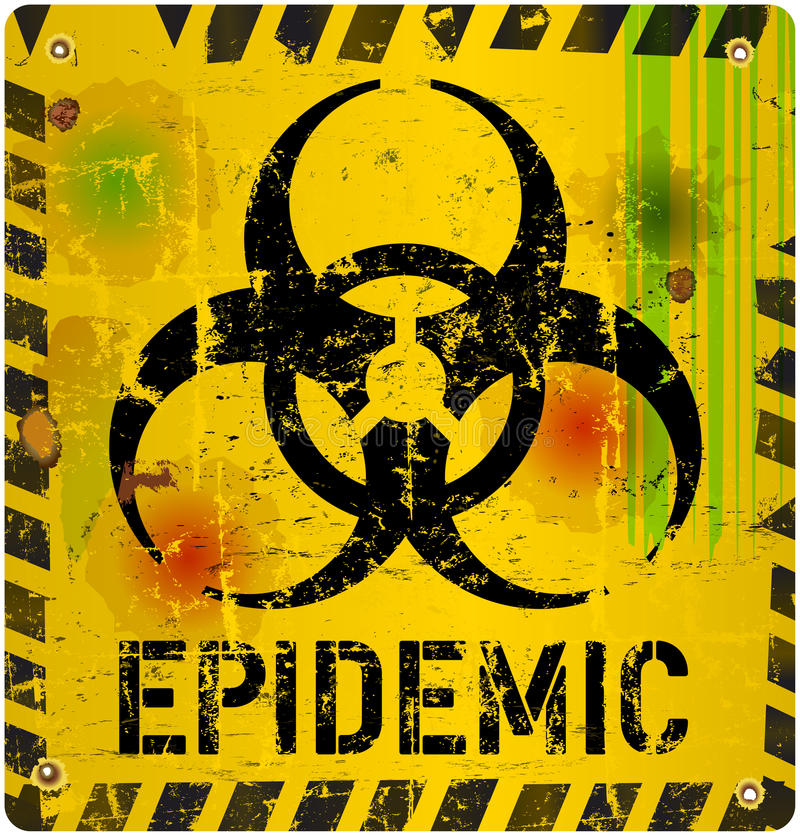Camino Moments, Camino Angels
Many of those who have walked the Camino understand “Camino Moments and Camino Angels”. They are the odd, near daily experiences that beg explanation. They are the chance encounter with a stranger that presents a solution to a difficulty.
The opulence of our current circumstances is the antithesis of a pilgrimage on the Camino, yet our host in Puerto Rico secured Pilgrim Credentials for us that declared our journey to have begun in San Juan. We were thwarted in our effort to obtain a “sello” (stamp) in the San Juan Cathedral until the intersession of a stranger there.
Today, we sought to obtain a sello at the Cathedral in Funchal. Again, we were turned away. However, a little older woman who spoke no English beckoned for us to follow her. We did for half a block to an obscure doorway outside at the far end of the Cathedral. This was not a public entry and there were no signs to indicate the business of that door. She motioned for us to remain just outside. We could tell that she climbed some stairs before returning to us. She knocked on an interior door, and eventually the door opened. A hand extended to her and she gave that person our Credentials. A few minutes later the unseen person returned our Credentials to her, and she handed them to us… now bearing the official stamp of the Cathedral of Funchal.




This was a very moving experience for both of us. What we sought was beyond our grasp, but not of a stranger’s reach who interceded on our behalf… a Camino Angel. In life there are no coincidences.
The island of Madeira is a paradise. It was unpopulated and undiscovered until 600 years ago. It is politically a part of Portugal, but consists of 4 islands that lay 600 miles southwest of the mainland. It has a total population of about 300,000. The major drivers of its economy are tourism, the production of miniature bananas (think banana chips, liquor, and niche foods), and of course the remarkable (and remarkably strong!) Madeira Wine. Over 40% of its energy is produced by wind, solar, and hydroelectric generators.



Our wanderings today took us to a glass walkway that hangs out atop the highest sea cliff in Europe, 1,800 feet above the shore. We enjoyed simple sandwiches made in the local fashion, a glass of Madeira wine, the local beer, and the fragrance of the flowers that abound everywhere. On the way back to our ship we encountered a replica of Columbus’s flagship the Santa Maria which sails (actually motors) tourists around the harbor 3 times a day.




We are back to sea with Tangier Morocco our next destination, scheduled for landfall this coming Friday.
Peace Everyone. Pete


















